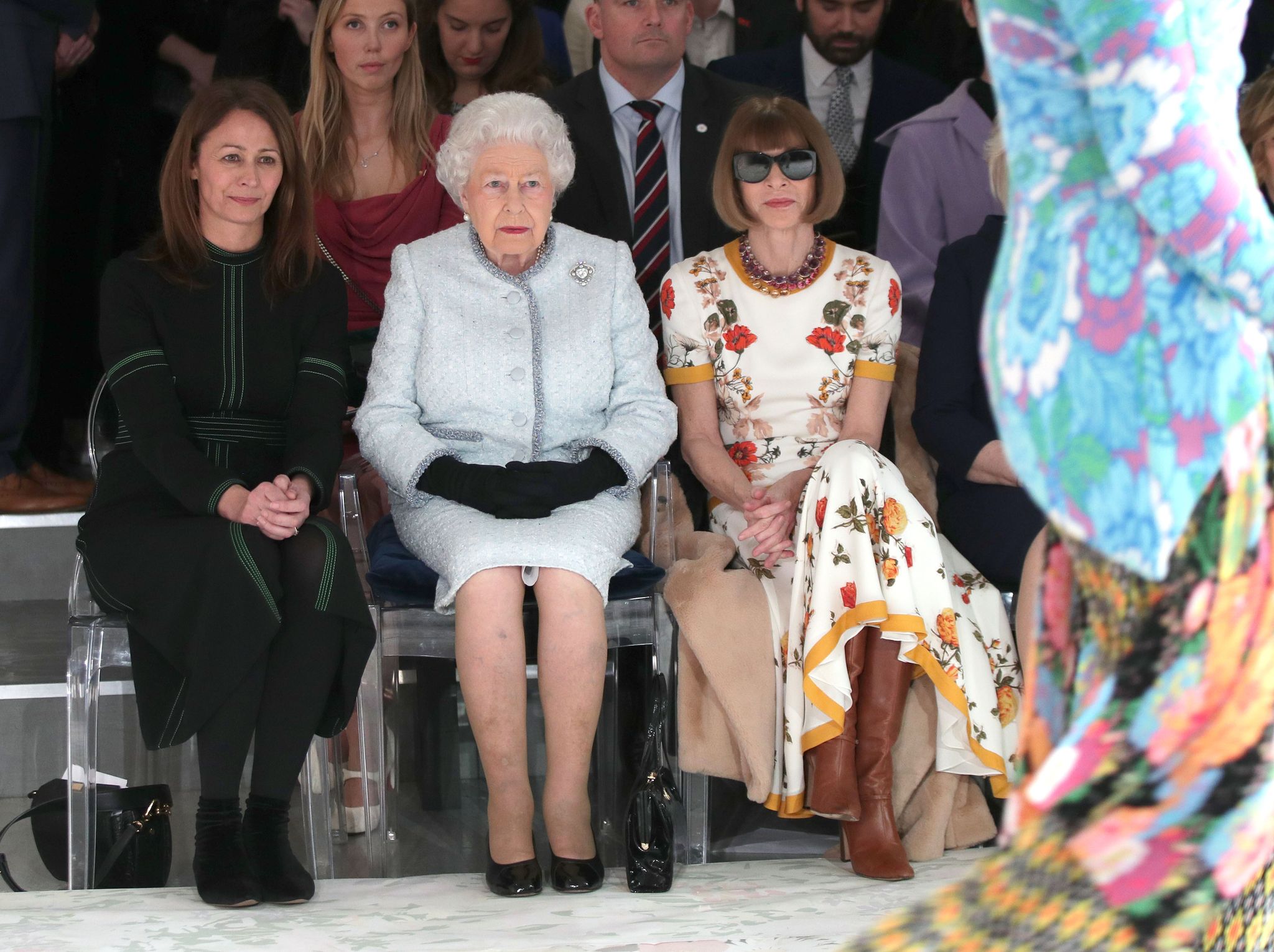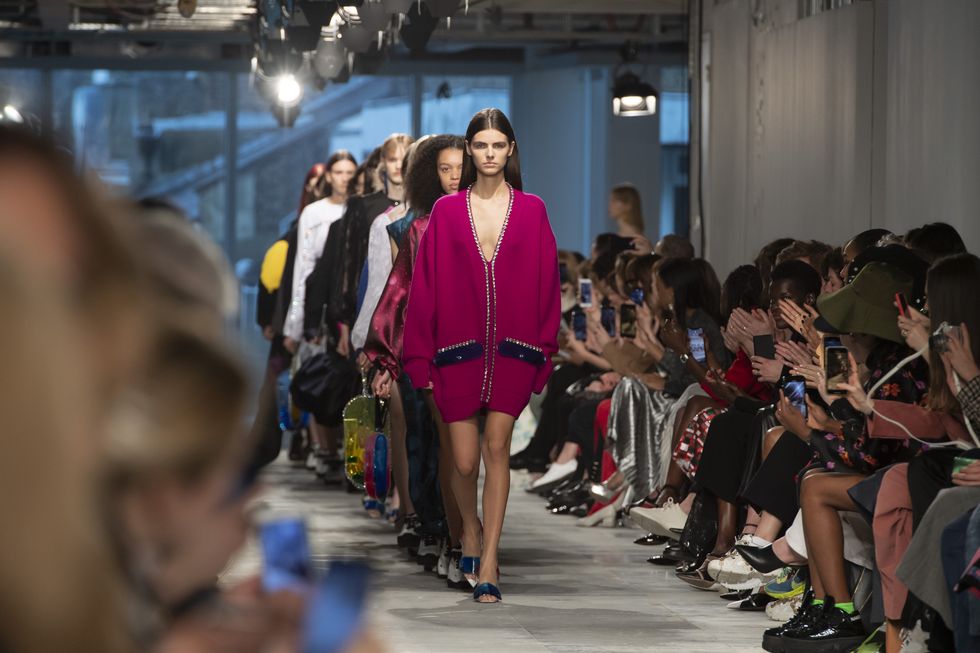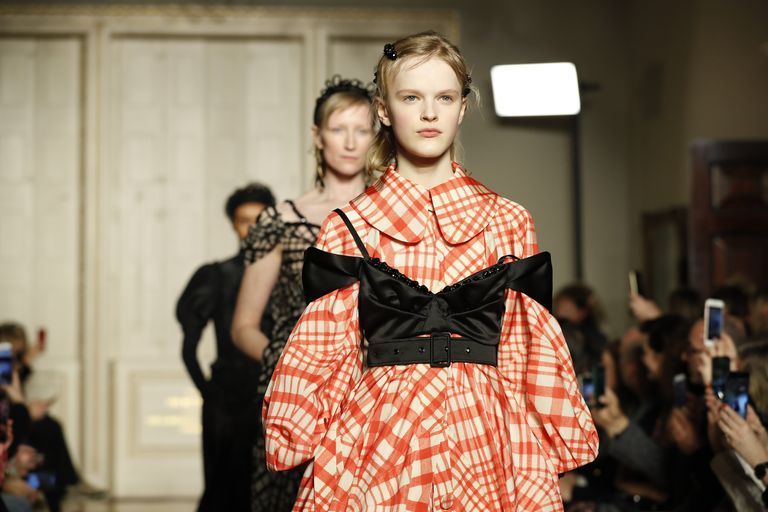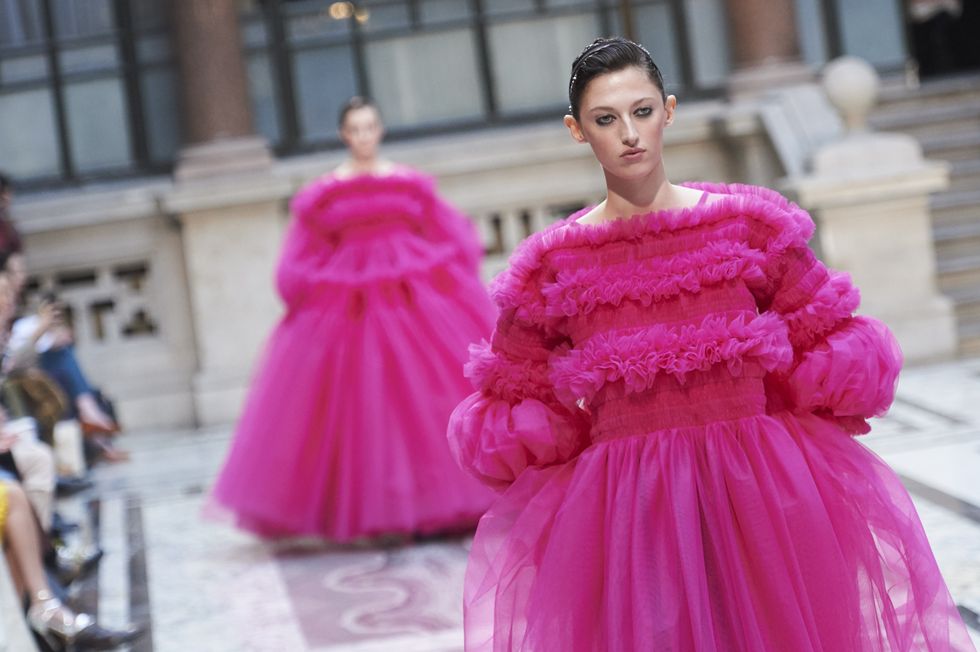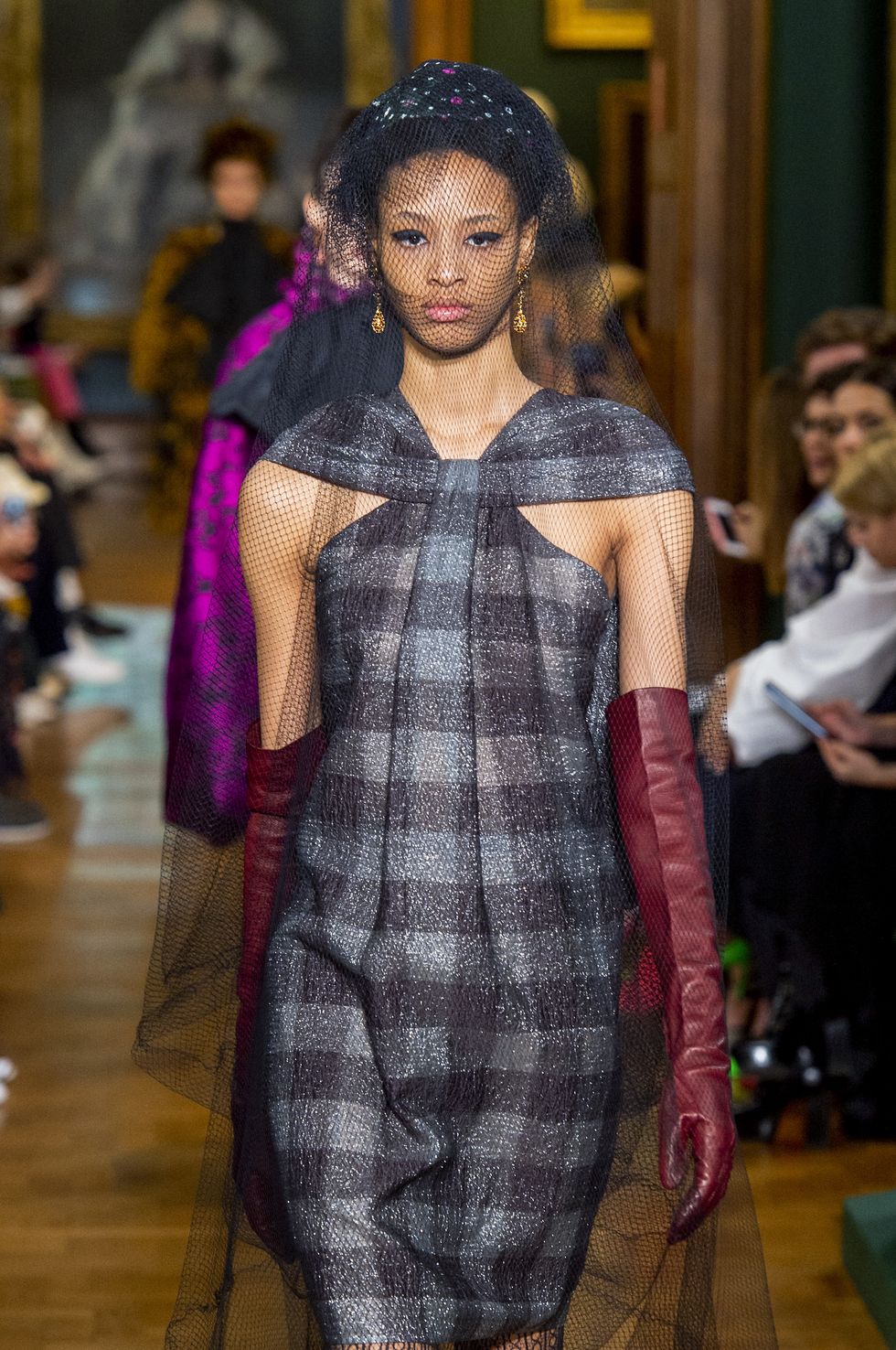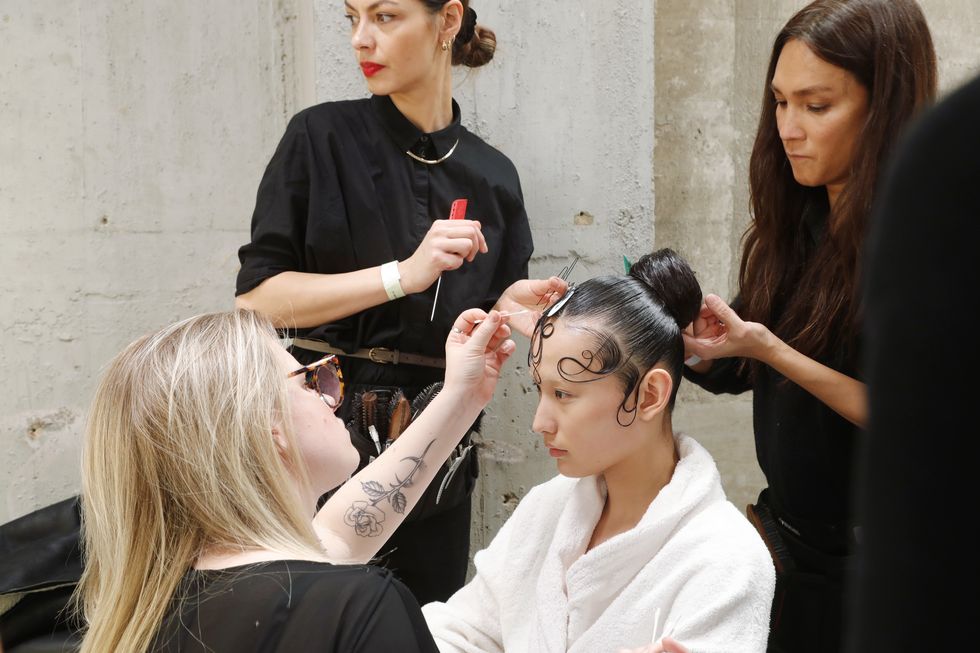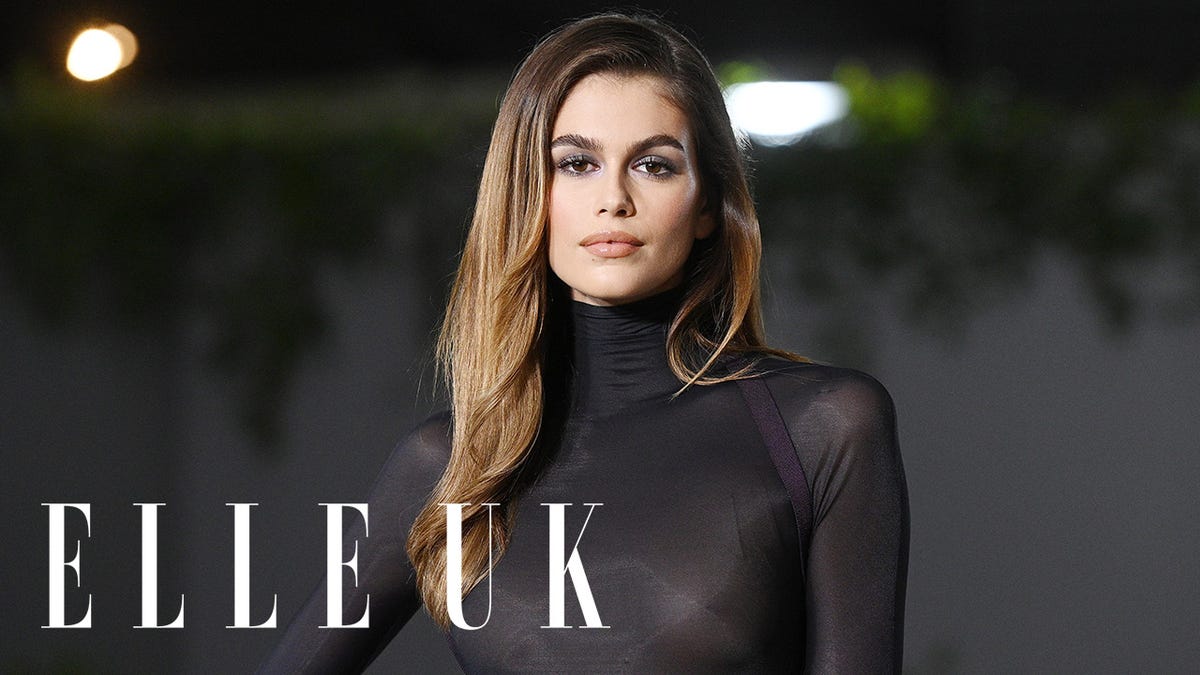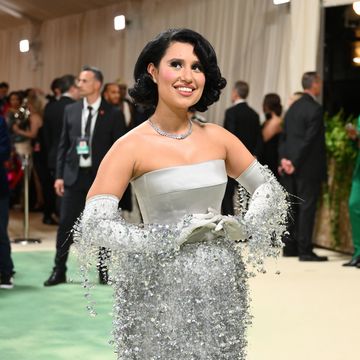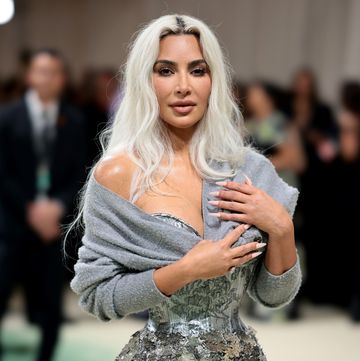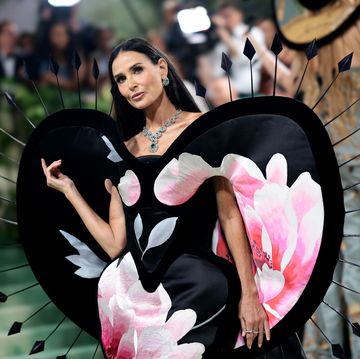The British Fashion Council has spoken out against a no-deal Brexit, emphasising that it should be avoided at all costs. (Unless the government wants to cost the fashion industry up to £900 million.)
In an official statement released on Monday, a week before London Fashion Week kicks off, the BFC outlined the impact of crashing out of the EU with no deal – an increasingly likely outcome, following the Prime Minister’s decision to prorogue (i.e. close) Parliament for five weeks. (A move that would block MPs from opposing no-deal).
So, how would a no-deal Brexit affect the fashion industry?
Firstly, the fashion industry is worth £32 billion to the UK economy, and employs over 890,000 people – almost as many as the financial sector. So it wouldn’t just harm the fashion industry. It would – or, in the interest of being somewhat impartial… could – hurt the UK, period.
The BFC gathered people from across the industry, and discussed the effects of no deal on the following: 1) movement of people, 2) tariff free access to the EU, 3) frictionless borders, 4) intellectual property rules and regulations, and 5) funding post European Regional Development Fund.
It concluded that its main concerns about the impact of a no-deal Brexit centre around trade and talent.
What the BFC says about the impact of a no-deal Brexit on trade:
Fashion is a global industry, with European countries regarded as a hub for production in the luxury sector (‘Made in Italy’ is often a hallmark of premium design, with major brands and ateliers based in Italy, and France. A number of British brands outsource production to those countries as a result).
So, the BFC is worried about tariffs (border taxes charged on foreign imports), which no doubt have the biggest impact on new businesses, and young talent with smaller budgets and profit-margins. We, as customers, might have to make up for that, meaning the price of goods could rise.
Another issue is the uncertainty around tariffs – if they will increase at all, which the Prime Minister hopes to avoid – and the lack of clarity around Brexit’s impact on imports and exports.
Fashion brands may also have to give HMRC 24 hours notice when shipping goods across the border. Fashion moves fast, and any amount of time – however small – can make a difference to a brand, whether it’s regarding the shipping of styles for a shoot in a prestigious title (key press), or of samples before a show during fashion week. Again, that’s potentially harmful for smaller brands, of which there are many in the UK.
What the BFC says about the impact of a no-deal Brexit on talent:
Britain has a long history of supporting young talent. That talent includes Alexander McQueen, Stella McCartney, Simone Rocha, Christopher Kane, Erdem Moralioglu, Molly Goddard, and more.
It also includes people from around the world coming to the UK because of its reputation, including world renowned designers like Riccardo Tisci, creative director at Burberry (a business worth around £2.72 billion, as of 2018).
How might many of the designers who’ve come to the UK to study, and work, have fared with increased tariffs, and uncertainty around immigration and their right to study in the UK?
The BFC has been working with the Home Office to tackle the following existing immigration issues:
1) In 2018, with the Arts Council, it launched the Tier 1 Exceptional Talent visas which will see the BFC become an Independent Assessor for the visa applications in the fashion industry. This will allow to secure a new route for talented designers and fashion sector individuals to work in the UK.
2) In January 2019 new immigration rules laid in Parliament covered Tier 5 visas used by models to enter the country, through a new Models Code of Practice.
In the statement released on Monday, it states that the proposed changes to the immigration system ‘would not cover skilled, lower paid workers from machinists, to language experts, leaving concerns about skills gaps for the industry.’
Of particular concern is the recommendation that the Tier 2 visa has a £30,000 minimum threshold on salary, with skilled roles in fashion manufacturing typically earning less than this. The BFC has therefore asked that the British government reviews its salary threshold as a matter of urgency.
What will the British Fashion Council do next when it comes to Brexit?
It's business as usual, with London Fashion Week kicking off on 13th September. The BFC, like the British public, will have to wait and see what happens on 31st October, when Boris Johnson has claimed Britain must leave the EU – deal or no deal.
ELLE UK will be updating this piece as new information arrives.
